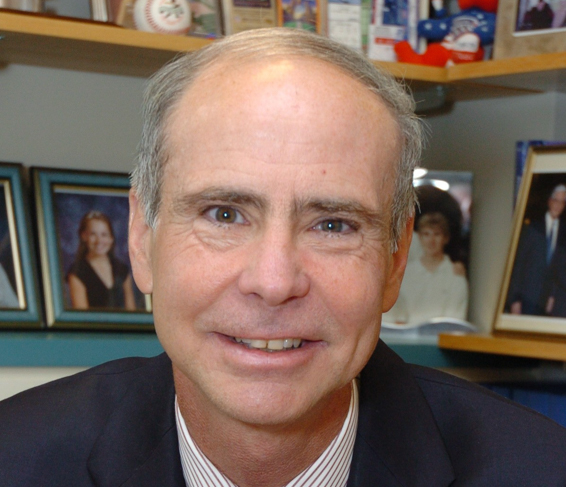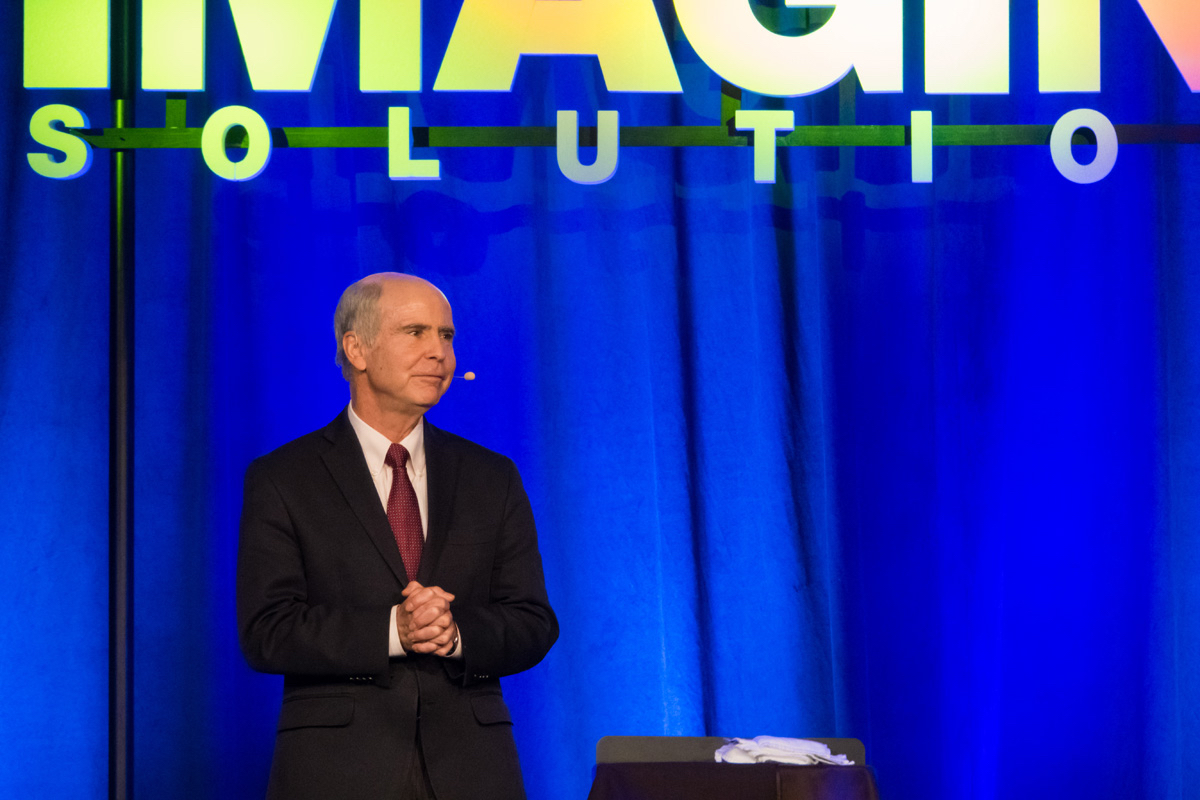Dr. Ken Anderson graduated from Johns Hopkins Medical School, trained in internal medicine at Johns Hopkins Hospital, and completed hematology, medical oncology, and tumor immunology training at Dana-Farber Cancer Institute. He serves as chief of the Division of Hematologic Neoplasia, director of the Jerome Lipper Multiple Myeloma Center, and vice chair of the Joint Program in Transfusion Medicine at Dana-Farber. He is also the Kraft Family Professor of Medicine at Harvard Medical School.
Dr. Anderson is a leader in the discovery of pathways that regulate growth of multiple myeloma cells and in clinical trials of drugs that disrupt these pathways. He is a wellrecognized Leader in multiple myeloma research and clinical drug development. In his four decades of practice and research, including 32 years at Dana-Farber, Dr. Anderson has played a central role in transforming myeloma, a cancer of the bone marrow, from a near immediate death sentence to, in many cases, a chronic, manageable illness.
In the early 1970s, there were very few people working on myeloma and survival was measured in months. He refers to the 1980s as a Golden Age of monoclonal antibodies, which grab onto invaders such as viruses and cancer cells and allow the immune system to attack. Dr. Anderson used antibodies that target myeloma tumor cells to improve the success of bone marrow transplants when patients self-donate marrow. Even after chemotherapy, such marrow still contains some malignant cells. He found that treating it with antibodies helps clear the tumor cells and delays relapse. During the first decade of the new century, he helped shepherd multiple new drugs from laboratory bench through regulatory approval and to the patient bedside.
Dr. Anderson is a Member of 11 medical and scientific societies and serves on the editorial boards of 11 medical and scientific journals. Among his many honors, he is a Doris Duke Distinguished Clinical Research Scientist and American Cancer Society Clinical Research Professor, receiving a 2012 Medal of Honor in Science from ACS for bringing his research into the clinic.



